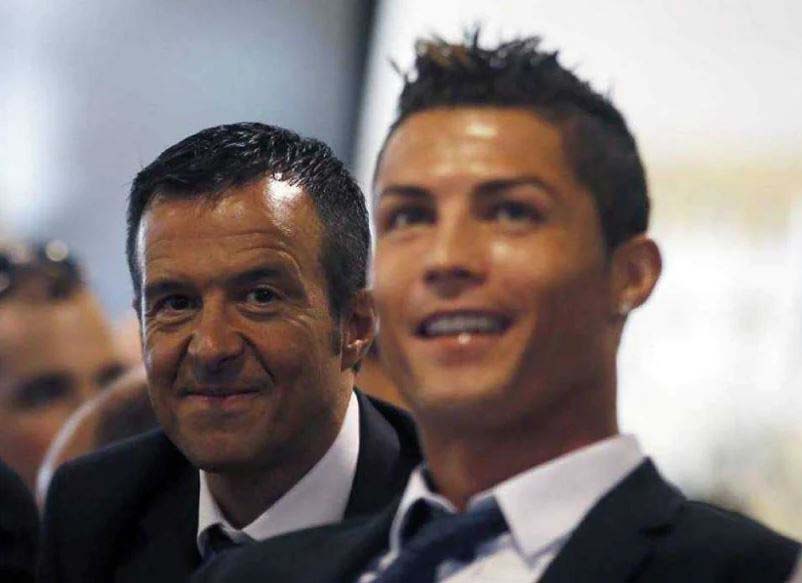
"I was (in contact) with Juventus, Inter Milan, AC Milan, Real Madrid, Barcelona, Valencia…everybody wanted Cristiano. I called Cristiano and told him what’s important for you is your career, not money at the moment. Thanks to God, Sir Alex Ferguson told me, ‘Leave him with me. At least he will play 50 per cent of the games, I promise you’…and that was the key... "
These were the words of Jorge Mendes, one of the world’s most popular football agents, as he jubilantly revealed what happened moments before brokering one of the best deals in football – the transfer of 18-year-old Cristiano Ronaldo from Sporting Lisbon to Manchester United in 2003.